
The National Health Insurance Authority (NHIA) has disbursed over GH¢1.5million since June under government’s Free Dialysis Programme.
In a recent statement on August 22, 2024, the NHIA confirmed an additional payment of approximately GH¢1million which covers dialysis services provided in July/August and includes an advance payment for September.
This latest payment brings the programme’s total allocation to approximately GH¢1.59million.
These funds have been allocated to six major healthcare facilities: the Korle Bu Teaching Hospital (KBTH), Komfo Anokye Teaching Hospital (KATH), Cape Coast Teaching Hospital (CCTH), Efia Nkwanta Regional Hospital (ENRH), Ho Teaching Hospital (HTH) and Tamale Teaching Hospital (TTH).
NHIA emphasised that this financial support is vital in ensuring the continuity of dialysis services for patients who depend on these treatments.
NHIA’s Acting Chief Executive, Dr. Da-Costa Aboagye, highlighted the impact of this financial support – noting that it has significantly improved access to dialysis treatment.
Dr. Aboagye said: “The NHIA’s financial support has significantly enhanced accessibility of dialysis services for patients. By covering the costs associated with these life-saving treatments, the NHIA aims to reduce the financial strain on patients and ensure continuity of care”.
He stated that NHIA is committed to reducing the financial burden on patients while ensuring they receive the needed life-saving treatment.
The recent payment is also intended to reimburse patients who may have paid out-of-pocket for dialysis during July and August.
For July and August, the Korle Bu Teaching Hospital received GH¢79,051 each month, with an additional GH¢84,051 for September totalling GH¢163,102.
The Tamale Teaching Hospital was allocated GH¢28,478 per month, amounting to GH¢56,956.
Cape Coast Teaching Hospital received GH¢41,753 each month, resulting in a total of GH¢83,470. Komfo Anokye Teaching Hospital received GH¢90,835 monthly, totalling GH¢186,670.
The Efia Nkwanta Regional Hospital was provided with GH¢16,694 per month, amounting to GH¢33,388. Lastly, Ho Teaching Hospital received GH¢73,650 per month – bringing their total to GH¢147,300.
The Free Dialysis Programme, launched in June 2024, is a critical initiative by NHIA designed to ease the financial burden on vulnerable patients needing dialysis.
Under this programme, patients aged 18 and below – as well as those 60 years and above – are entitled to up to eight free dialysis sessions per month. Adults between the ages of 19 and 59 receive varying levels of support depending on the facility where they seek treatment.
In most facilities, these patients receive two free dialysis sessions per month. However, at Korle Bu Teaching Hospital the NHIA covers 50 percent of the cost for two sessions each month. This tiered support system is aimed at optimising resources while ensuring patients continue to receive essential care.
The Free Dialysis Programme is part of a broader initiative by NHIA to improve healthcare access across Ghana. Approved by parliament within the NHIA’s Allocation Formula for 2024, the programme has a budget of GH¢4.4million, comprising GH¢2million from the Allocation Formula and GH¢2.4million from NHIA’s Corporate Social Responsibility Budget.
Dr. Aboagye in the statement expressed appreciation for the support from government and parliament in implementing this programme, underscoring its significance in ensuring the health of insured individuals nationwide.
He noted that the initiative reflects NHIA’s commitment to providing essential medical services without imposing financial hardship on patients.
Since the programme’s inception, NHIA has collaborated closely with participating healthcare facilities to ensure effective management of the funds and patients receive the necessary care.
The NHIA has also assured the public that it remains committed to sustaining this programme and expanding healthcare coverage across the country.
The post NHIA disburses over GH¢1.5m under Free Dialysis Programme since June appeared first on The Business & Financial Times.
Read Full Story
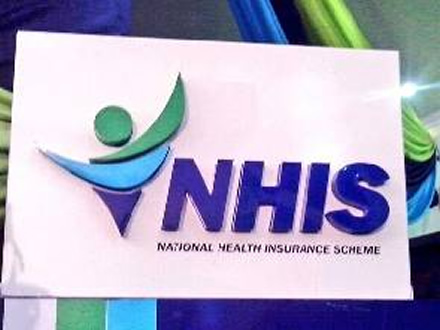
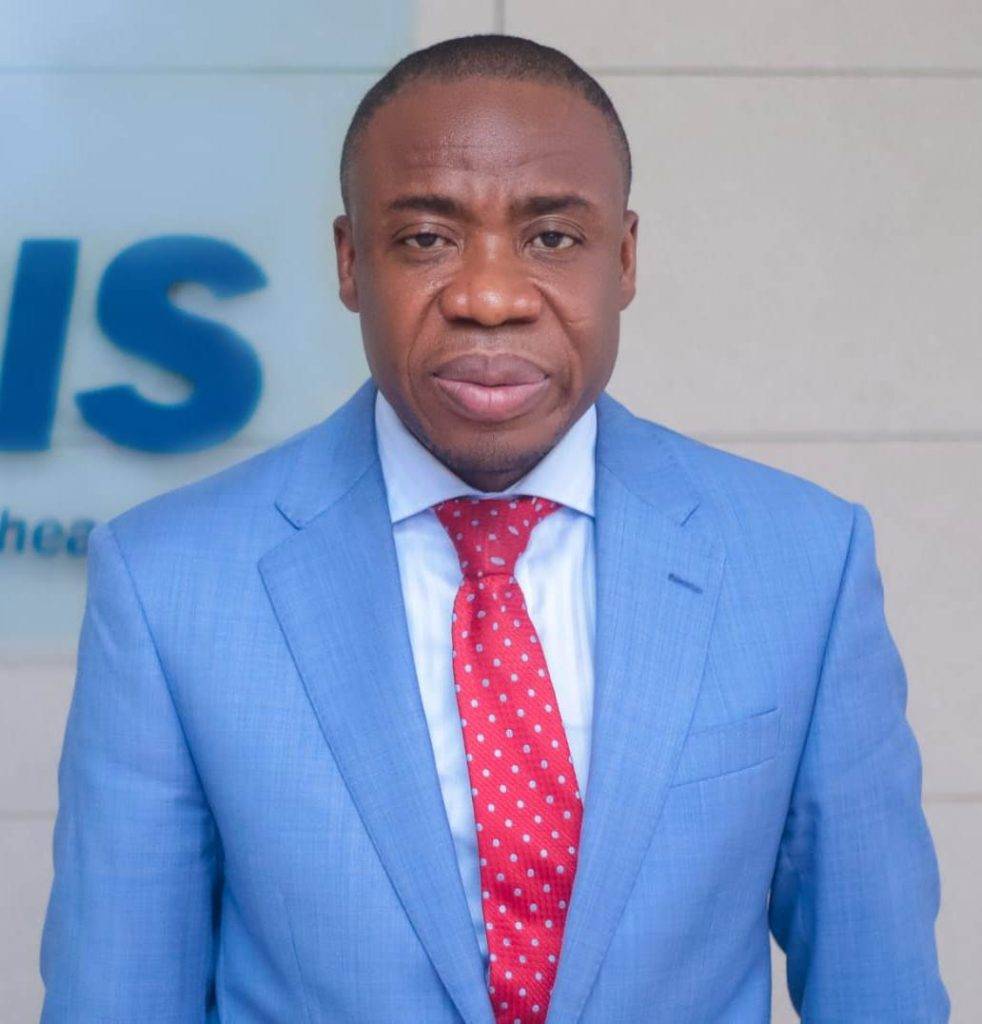
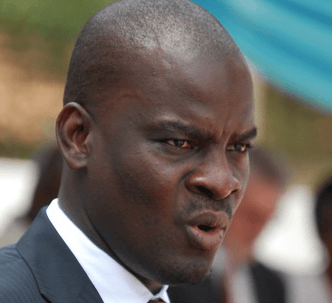
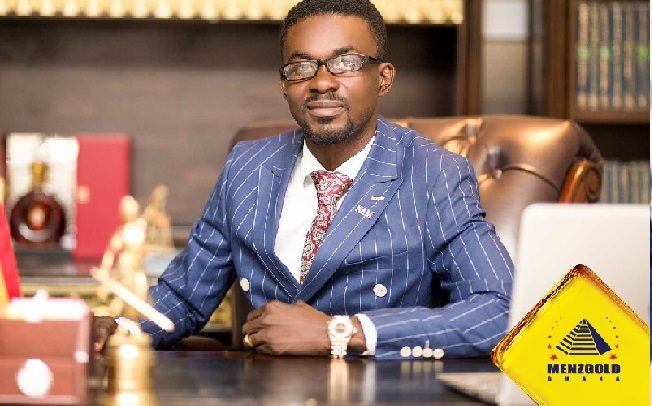

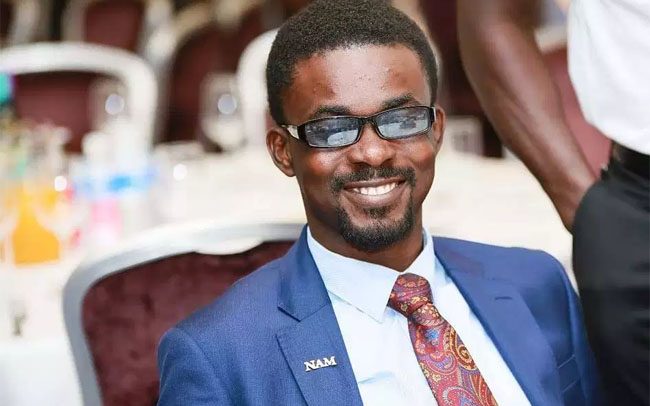
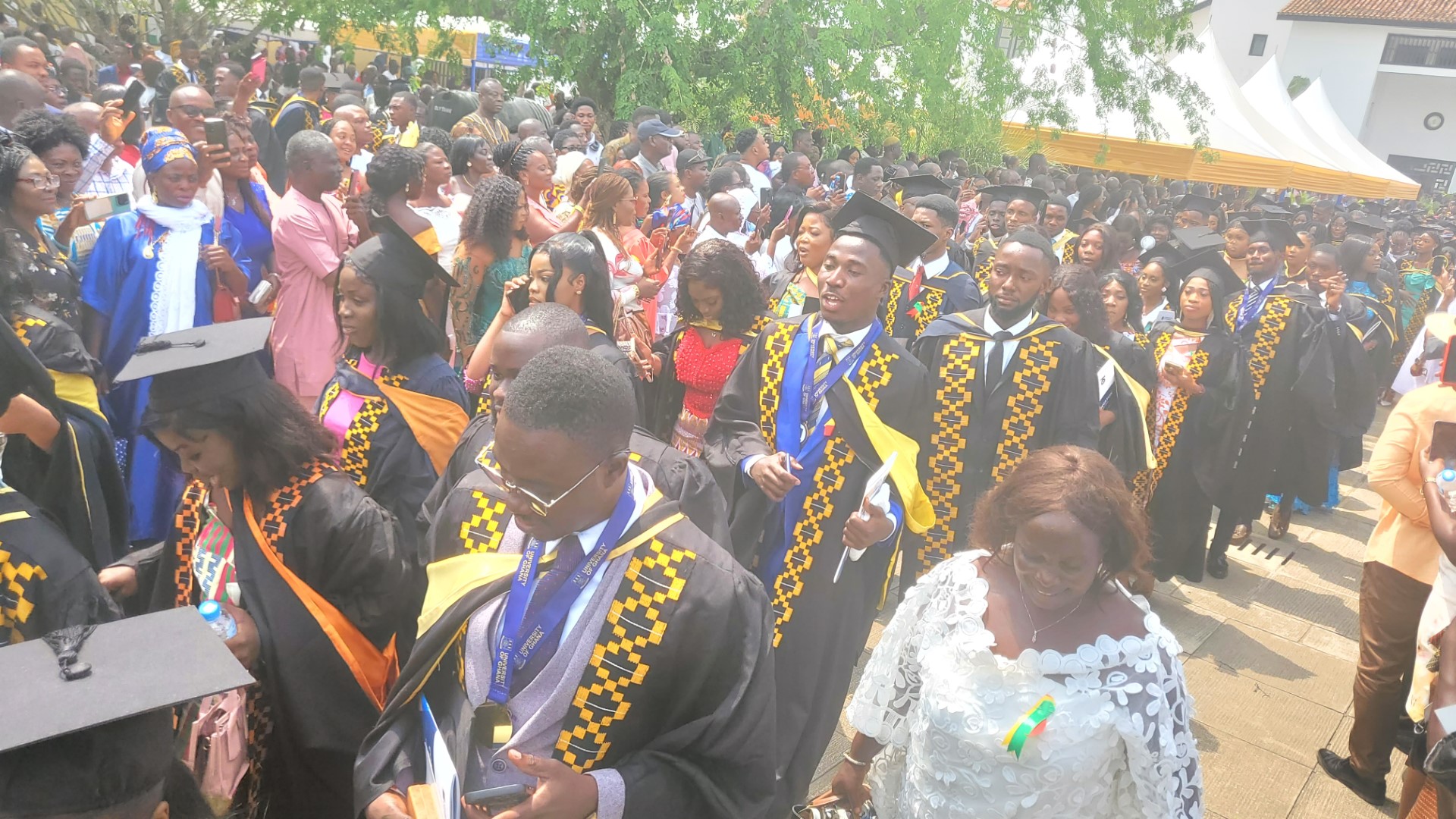







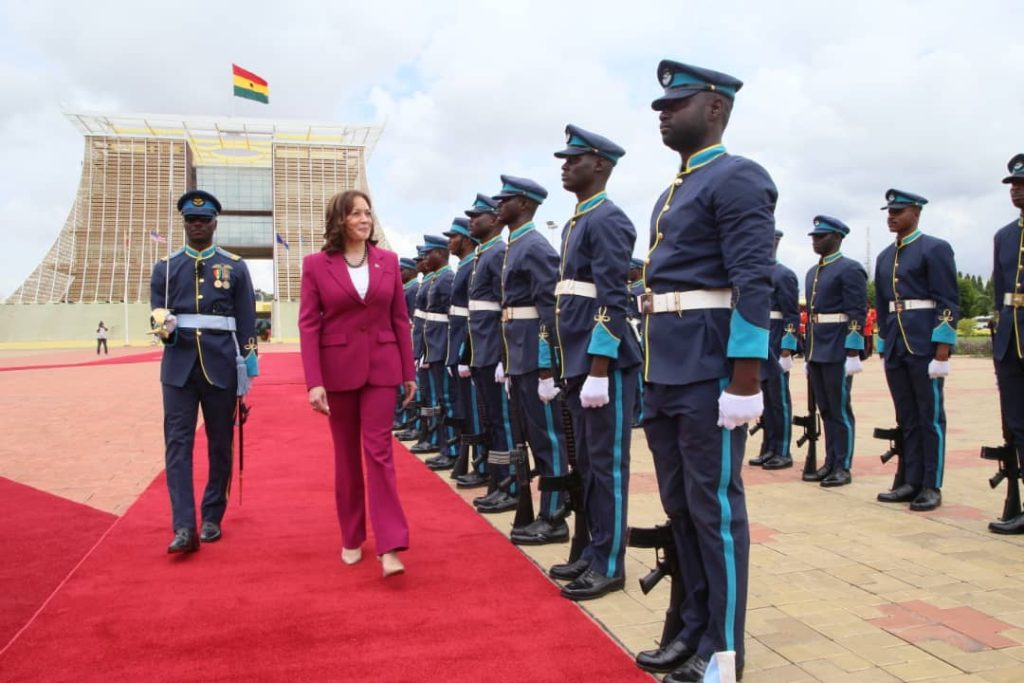

Facebook
Twitter
Pinterest
Instagram
Google+
YouTube
LinkedIn
RSS